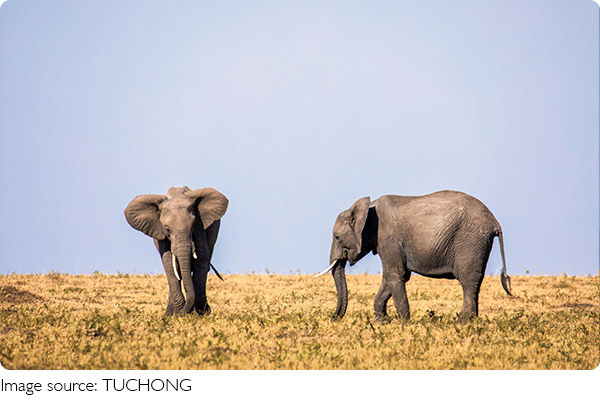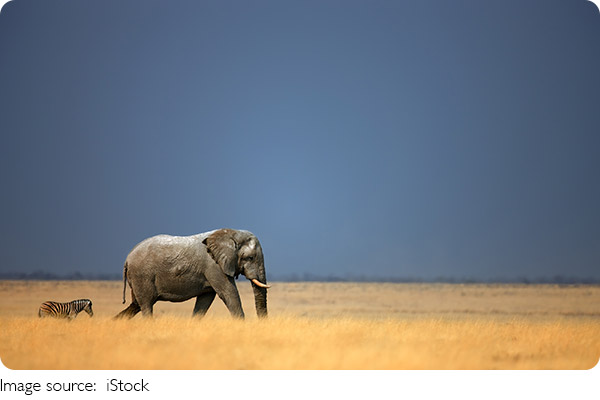Elephants Remember Love

Have you ever looked into the eyes of an elephant and felt a strange sense of recognition—like there's something deeply human behind them?
Elephants are not only the largest land mammals on Earth, but also among the most emotionally intelligent. They mourn their dead, remember old friends, and care deeply for their families.
This article explores the astonishing social and emotional lives of elephants and how their close bonds reveal a side of nature we often overlook.
Strong Family Bonds That Last a Lifetime
Elephants live in tightly knit matriarchal societies. A typical herd is led by an experienced female—the matriarch—who guides the group in search of food, water, and safety. Herds are usually made up of her daughters, granddaughters, and their calves. Males leave the family when they reach adolescence and live more solitary lives or form loose bachelor groups.
The family unit is at the heart of elephant society. Young elephants are raised collectively, with aunts and siblings helping the mother care for her newborn. Scientists have observed elephant calves being comforted and even disciplined gently by elder females, showing a deep social structure and shared responsibility.
Elephants Remember Long After Events Pass
One of the most remarkable traits of elephants is their memory. The saying "an elephant never forgets" is backed by science. Researchers have documented elephants remembering distant water holes even after many years and hundreds of miles of migration. They also recall individual humans and fellow elephants, distinguishing between friendly and dangerous ones—even decades later.
When they met again, they touched trunks, vocalized in excitement, and stayed inseparable for days—showing undeniable signs of recognition and joy.
Do Elephants Grieve Like We Do?
Grief among elephants is one of the most touching aspects of their behavior. When a herd member dies, the group often gathers around the body, touching it gently with their trunks and staying near for hours or even days. They've been seen trying to lift the body, covering it with leaves or dirt, and making low rumbles that seem to express sorrow.
Communication Beyond Words
Elephants are incredibly communicative. They use a combination of vocal sounds (like trumpets and rumbles), body language, and even seismic vibrations transmitted through the ground to share information. Some of their rumbles are at such low frequencies that humans cannot hear them, yet they can travel over several kilometers.
This ability allows herds to stay in contact even when separated by great distances—critical in areas where food and water are scarce. These deep calls are often used by mothers to reassure calves or by groups coordinating movement.
Empathy and Problem-Solving Skills
Elephants demonstrate behaviors that suggest empathy and awareness. They have been observed helping injured companions, freeing trapped calves, and even assisting other species, such as antelope caught in snares. In captivity, some have used tools, opened locked gates, and cooperated with humans to complete tasks.

How Conservation Relies on Understanding Their Minds
Understanding the emotional and social lives of elephants isn't just a matter of curiosity—it's vital for conservation. Habitat loss and human conflict threaten elephant populations across Africa and Asia. When herds are fragmented or when matriarchs are lost, younger elephants may lose the ability to navigate landscapes or behave socially.
Final Thoughts: Giants with Gentle Hearts
Elephants remind us that emotional depth and family love are not unique to humans. These gentle giants form bonds that last a lifetime, mourn their losses, and navigate life together with memory and care. Watching them in the wild or through documentaries, it's hard not to feel a profound sense of connection.
Have you ever seen an elephant in person? Did it leave a lasting impression on you? Their emotional world is not so far from ours—and that makes their protection all the more urgent and meaningful.


